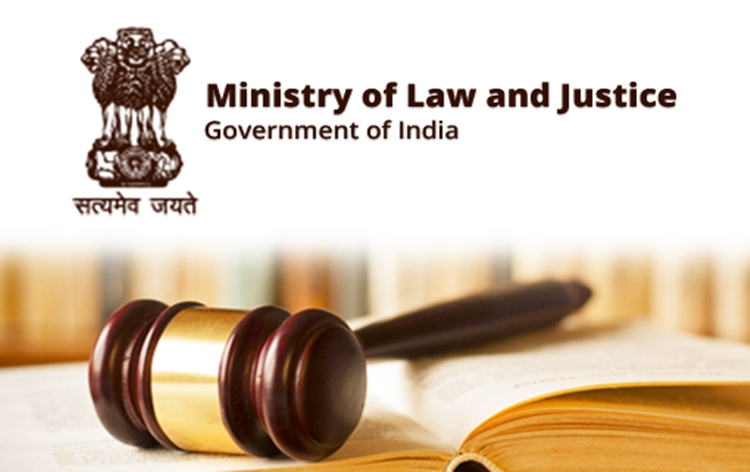India has initiated a major overhaul of its criminal justice system with the implementation of three new criminal laws, effective from July 1. The Bharatiya Nyaya Sanhita (BNS), the Bharatiya Nagrik Suraksha Sanhita (BNSS), and the Bharatiya Sakshya Adhiniyam (BSA) replace the Indian Penal Code (IPC) 1860, the Criminal Procedure Code (CrPC) 1973, and the Indian Evidence Act 1872, respectively. These laws were passed by Parliament in December 2023 and received the President’s assent on December 25, 2023.
The new laws incorporate several contemporary provisions to align with current technologies and societal needs. Emphasizing justice over punishment, these laws aim to provide speedy justice and strengthen the judicial and court management system, ensuring access to justice for all.
Bharatiya Nyaya Sanhita (BNS):
- Consists of 358 sections, down from the 511 sections in the IPC.
- Introduces 20 new crimes and increases imprisonment sentences for 33 crimes.
- Raises fines in 83 crimes and introduces mandatory minimum punishments in 23 crimes.
- Implements community service penalties for six crimes and removes 19 sections.
- Features a new chapter on “Crimes against Women and Children,” with strict penalties for sexual crimes and gang rape.
- Defines terrorism as a punishable offense for the first time.
Bharatiya Nagrik Suraksha Sanhita (BNSS):
- Contains 531 sections, up from 484 in the CrPC.
- Includes 177 changes, nine new sections, and 39 new sub-sections.
- Adds 44 new provisions and clarifications, timelines for 35 sections, and audio-video provisions.
- Repeals 14 sections and sets timelines for various criminal proceedings to ensure speedy justice.
Bharatiya Sakshya Adhiniyam (BSA):
- Comprises 170 provisions, with 24 changes, two new provisions, six new sub-provisions, and six repealed provisions.
- Aims to end the era of delayed justice with promises of verdicts within three years.
Reform and Controversy: The reform process began in 2019, receiving 3,200 suggestions from stakeholders. Union Home Minister Amit Shah emphasized that these laws, replacing British-era legislation, aim to deliver swift justice. However, legal experts have voiced concerns about the challenges faced by law enforcement, judicial officers, and legal professionals in adapting to these new laws.
Opposition and Criticism: Critics argue that the laws were rushed through Parliament without adequate discussion or consultation. Former Union Law Minister Ashwini Kumar and other opposition leaders have called for more meaningful deliberations. Concerns have been raised about potential civil liberties violations and the expanded powers of law enforcement agencies.
Adaptation and Training: The Delhi Police, in collaboration with the National Law University, has launched a focused training program to help officers adapt to the new laws. This initiative aims to ensure that law enforcement personnel are proficient in implementing the new regulations effectively.


